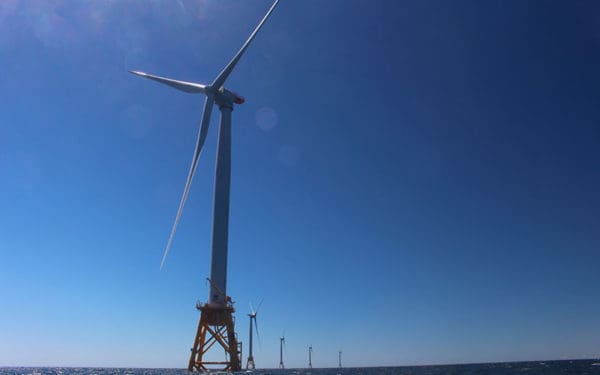Conservation Matters: Fall 2022
Clean water is a fundamental human right, and we at CLF are dedicated to defending it.
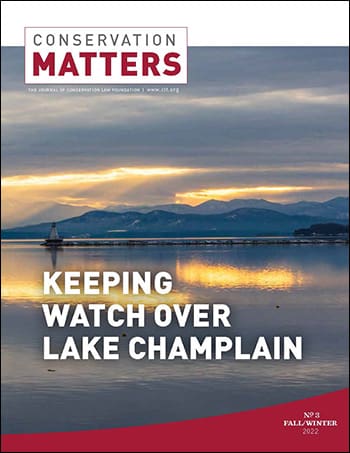
Clean water is a fundamental human right, and we at CLF are dedicated to defending it.

COP27 demonstrated once again that in the absence of leadership and accountability, good intentions on climate are no match for the power wielded by the fossil fuel industry.
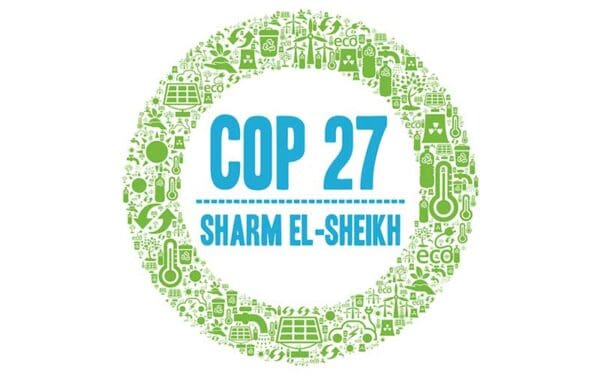
Are fuels derived from crops and waste good climate solutions at scale? Short answer: No. Here’s why.

A recent piece by Anne George, Vice President of Public Relations for ISO-New England, calls CLF’s critiques baseless. Here’s why she’s wrong.
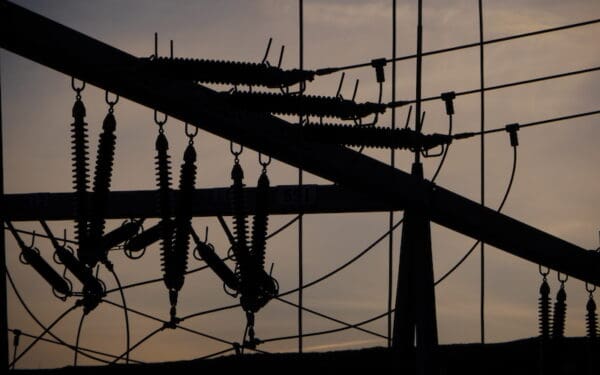
Clean water is a fundamental human right. But 50 years ago, the nation’s rivers, lakes, and streams were anything but clean. The waterways that had powered the country’s economic growth for a century had become dirty dumping grounds for chemical waste, industrial pollution, and raw sewage. When Congress passed the Clean Water Act in 1972,… Continue reading Celebrating 50 Years of the Clean Water Act

In 2022, a one-month-old right whale calf died when hit by a sportfishing boat off the coast of Florida. The calf’s mom, named “Infinity,” was also struck and is believed to have perished. The strike forced the captain to seek out a landing to get his passengers to safety – managing to get his boat onto… Continue reading Take Action: Tell NOAA You Support New Rules to Protect Right Whales
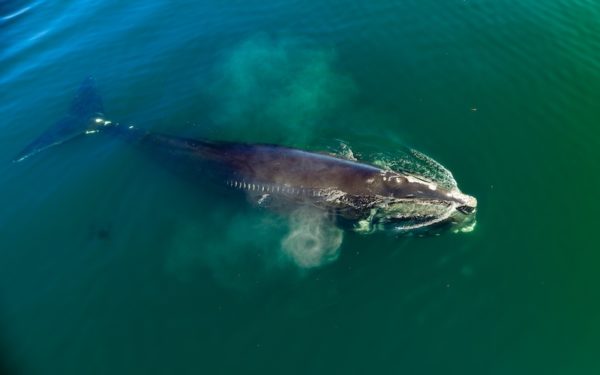
Why is our ocean overheating? The main is that it is working overtime to protect us. An overheating ocean spells bad news for marine life and humans. But we can help. Here’s ho
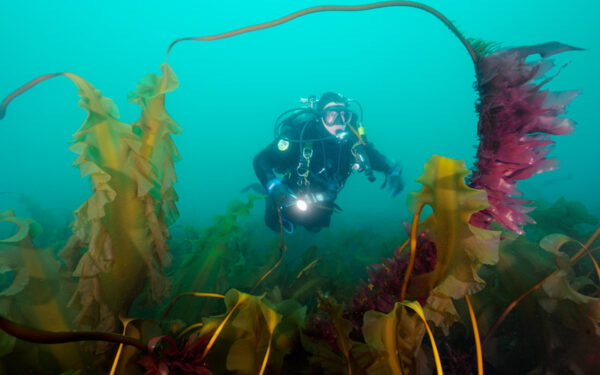
Restoring nature is one of the best tools we have for tackling the climate crisis. That means we all have a stake in protecting our wetlands and coastal ecosystems.
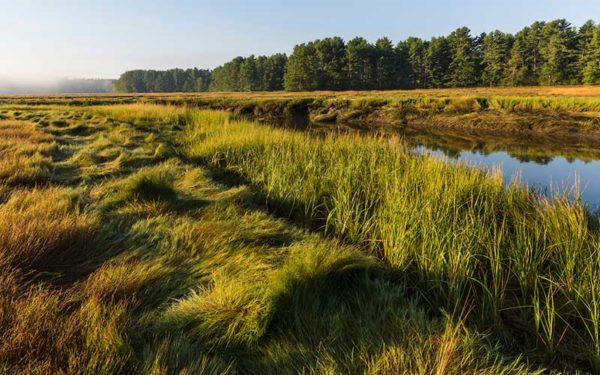
Slashing polluting emissions from medium- and heavy-duty vehicles is a critical part of our climate fight.

“This decision epitomizes short-term thinking that will only cause problems in the long run,” said Erica Fuller, Senior Attorney at CLF. “It’s simply backwards to choose areas for offshore wind development before doing a full environmental analysis, which would ultimately save time and money if done now. It is critical to advance offshore wind to respond to the climate crisis and clean up our electric grid, but it must be done in a science-based, inclusive and transparent way.”
